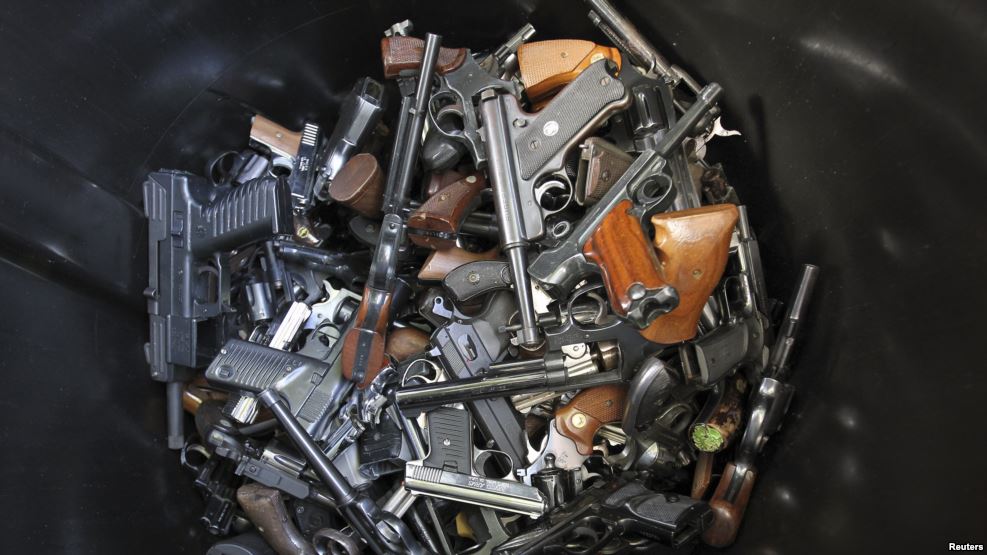C1 – Advanced
This video shows a very colorful representation of traffic in Vietnam.
Click below and be ready to practice your speaking skills by answering discussion questions and by expressing your thoughts.
Challenging Crossings
Discuss:
1. Describe the traffic in Vietnam.
2. What were some of the interesting points that you found in the video?
3. Is this something that you have seen before in your past travels?
4. Describe some of the challenges that you encounter when you travel to a different country.
